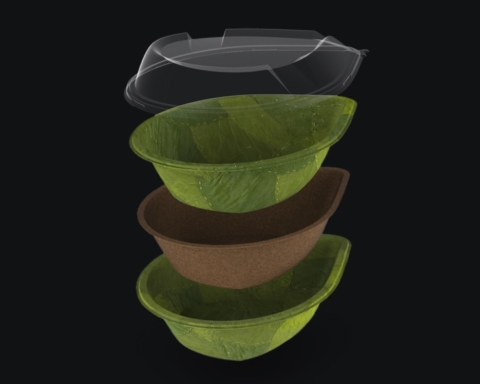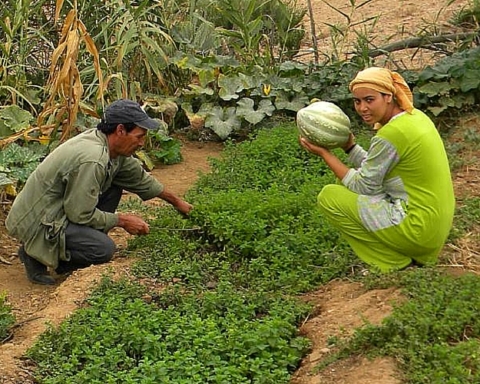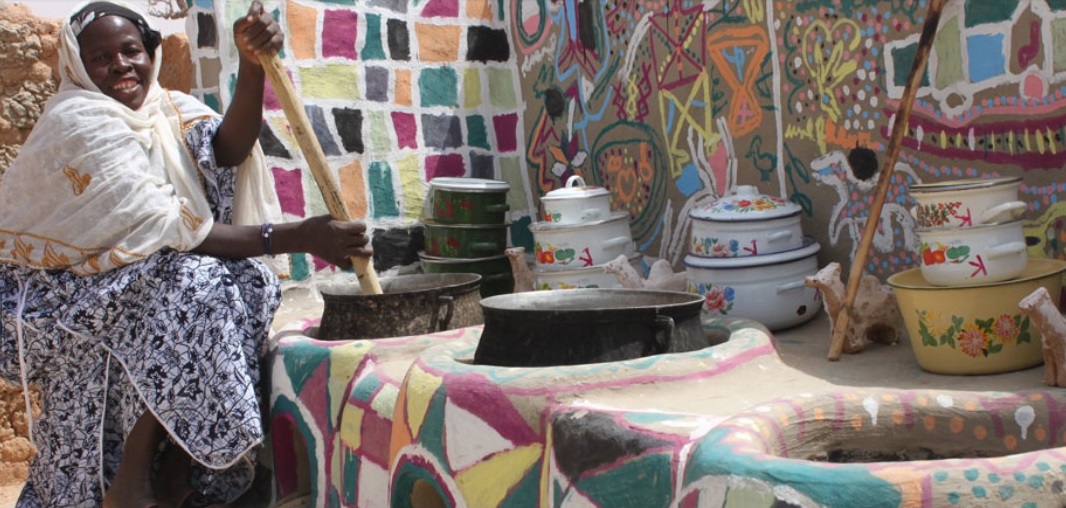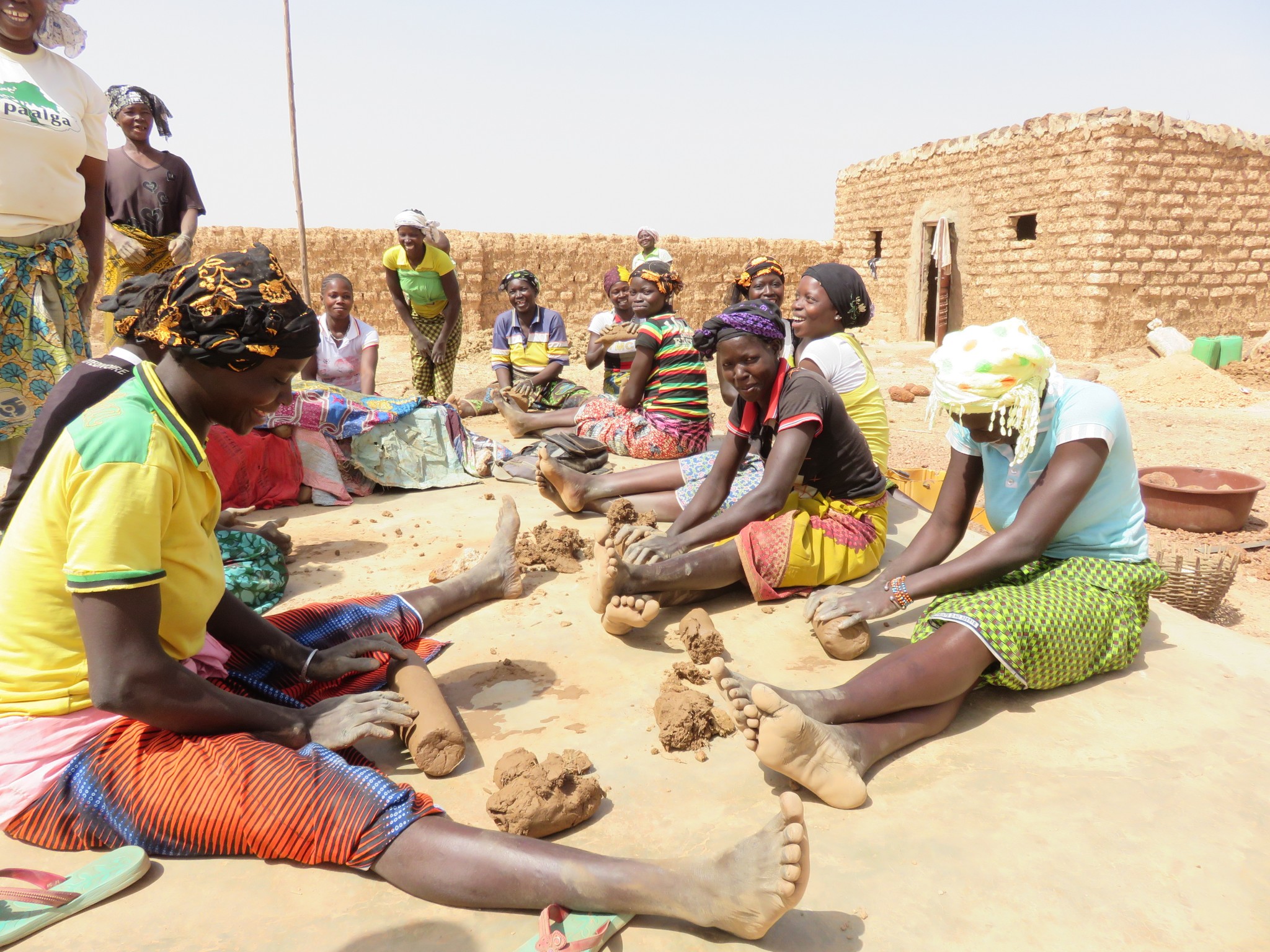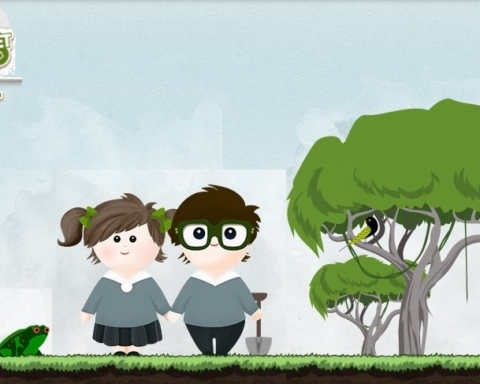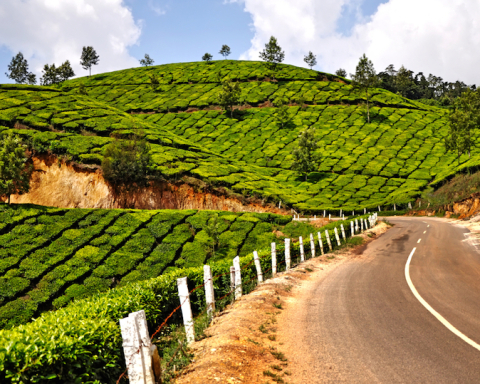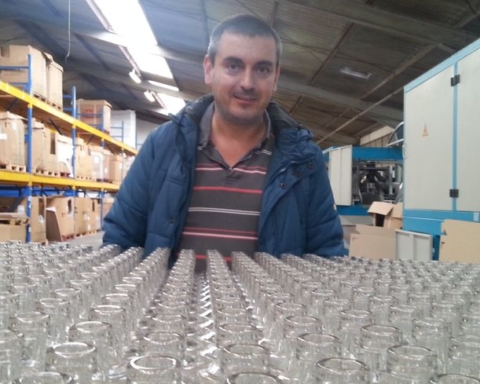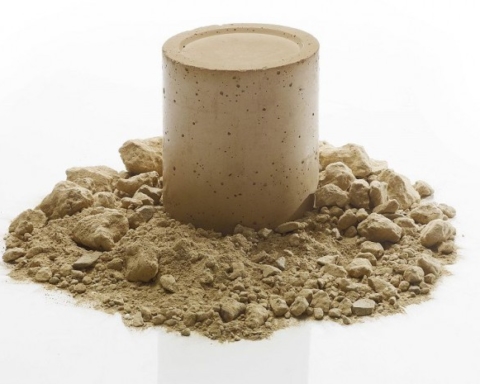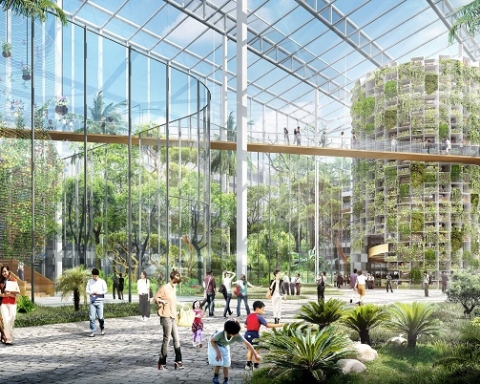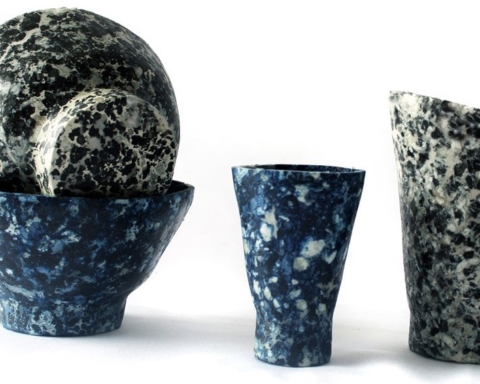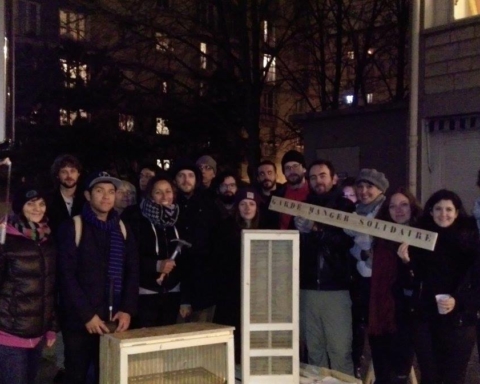In Burkina Faso, deforestation is a major issue since 80% of the national energy needs are fuelled by firewood. This Livelihoods Fund project aims to help rural people adapt to desertification and climate change by adopting environmentally friendly cookers they will make themselves. A revolution for their daily lives that slows the deforestation of the Sahel.
Help the rural population to combat desertification and global warming through the adoption of ecological household furnaces
Whether in the village of Vousnango or Zakin, NGO Tiipaalga and the Livelihoods Carbon Finance Fund train 30,000 families to make improved cookstoves with local materials that consume 60% less wood.
Recently, we talked about a clean cooking project in Peru. The difference with this one in Burkina Faso is that there are no costs for the production or delivery of the ovens, as they will be made by the women of the region themselves. This initiative aims to help the rural population to combat desertification and global warming through the adoption of ecological household furnaces.
The “Banco” is made from inexpensive local ingredients like manure, straw, water and clay (or termite mound). These cookstoves consume up to 60 percent less wood compared to the traditional ones made of three stones.
In addition to its environmental benefits, these ovens will also have a strong social impact by freeing up time that women would otherwise have spent on collecting firewood. The objective is to equip 30,000 households with these improved ovens, with a minimum of two ovens per family in 9 communes and 222 villages in the provinces of Bam and Loroum in the north of the country and supervised by 2000 women leaders.
“By putting women at the centre of the project with a real transfer of know-how, this will help improve the position of local women in the villages. It is expected that after a few years, women will become independent that they will not need help in repairing their stoves or building new ones,” one of the officials said.
This project in Burkina Faso will generate 689,000 tons of carbon credits and save 40,000 tons of wood!



